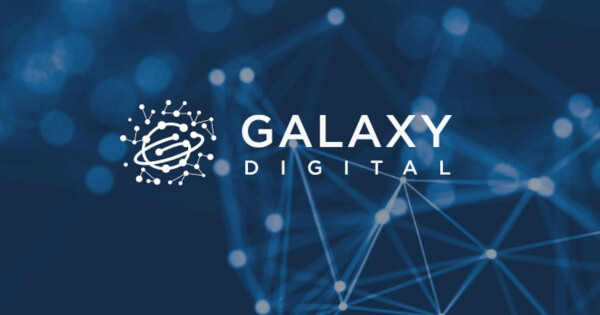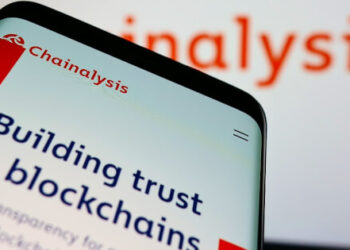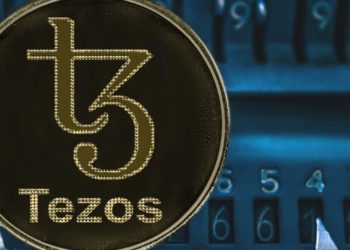Jessie A Ellis
Aug 02, 2024 08:39
Ethereum developers discuss Pectra upgrade, EIP 7212, and quantum resistance in ACDE Call #193, chaired by Tim Beiko.
On August 1, 2024, Ethereum protocol developers convened virtually for the All Core Developers Execution (ACDE) Call #193, chaired by Ethereum Foundation (EF) Protocol Support Lead Tim Beiko, according to galaxy.com. These bi-weekly meetings serve as a platform for developers to discuss and coordinate changes to Ethereum’s execution layer (EL).
Pectra Devnet 2
During the call, developers shared updates on the Pectra upgrade, focusing on the ongoing bug fixes in Pectra Devnet 2. The EF DevOps team had relaunched Pectra Devnet 2 on July 30, following issues with EIP 7702 transactions that caused chain splits in the initial version. Developers decided to exclude EIP 7702 from the current test but plan to reintroduce it in Devnet 3.
Notable issues were discussed, including a block production problem with the Erigon client, which has since been resolved. Prysm and Reth clients also faced issues that are currently under investigation. Independent developer Danno Ferrin suggested testing EOF code changes on Kurtosis before adding them to Pectra devnets.
EIP 7702
EIP 7702, designed to enhance programmability for externally owned accounts (EOA), was another key topic. Developers agreed to keep the current design unchanged but noted potential minor adjustments once EOF code changes are further along. EIP 7702 is set to be included in the next Pectra devnet.
EIP 6110
Geth developer “Felix” proposed serializing validator deposit requests using Simple Serialize (SSZ) instead of recursive-length prefix (RLP) serialization to reduce protocol complexity. While some developers preferred to continue using JSON encoding, there was consensus on eventually transitioning to SSZ.
Engine API Specification for “engine_getBlobsV1”
The Engine API’s new “getBlobsV1” method, which allows consensus layer (CL) clients to fetch blobs from the EL blob transaction mempool, was discussed. Developers highlighted the need to specify behaviors to prevent misuse and suggested revisiting this topic in the next ACDC call.
EIP 7212
EIP 7212, a precompiled contract for signature verification in the “secp256r1” elliptic curve, was debated for inclusion in Pectra. Despite broad support, developers decided to postpone its inclusion until other Pectra EIPs are more advanced in testing. Additional test coverage was recommended to support its future inclusion.
Quantum Resistance Attacks
Erigon developer Andrew Ashikhmin raised concerns about the potential impact of quantum computers on Ethereum’s cryptography, referencing Vitalik Buterin’s recent talk at EthCC. Developers discussed the need to consider quantum-resistant cryptographic methods, especially in light of the upcoming Verkle transition.
EF Researcher Joshua Rudolf suggested separating discussions on quantum resistance and optimal data structures. Beiko recommended continuing these discussions in specialized breakout calls and the Ethereum R&D Discord channel.
EIP 7736
Nethermind developer Wei Han Ng introduced EIP 7736 for state expiry, which could be integrated with the Verkle transition. This proposal aims to slow the growth of Ethereum’s state by introducing new transaction types and constants to track active and expired state parts.
EIP 4444
EF Developers Operations Engineer Parithosh Jayanthi provided updates on EIP 4444, which proposes using torrents for retrieving expired Ethereum history data. Developers were encouraged to review and provide feedback on this proposal.
Image source: Shutterstock
Credit: Source link












































